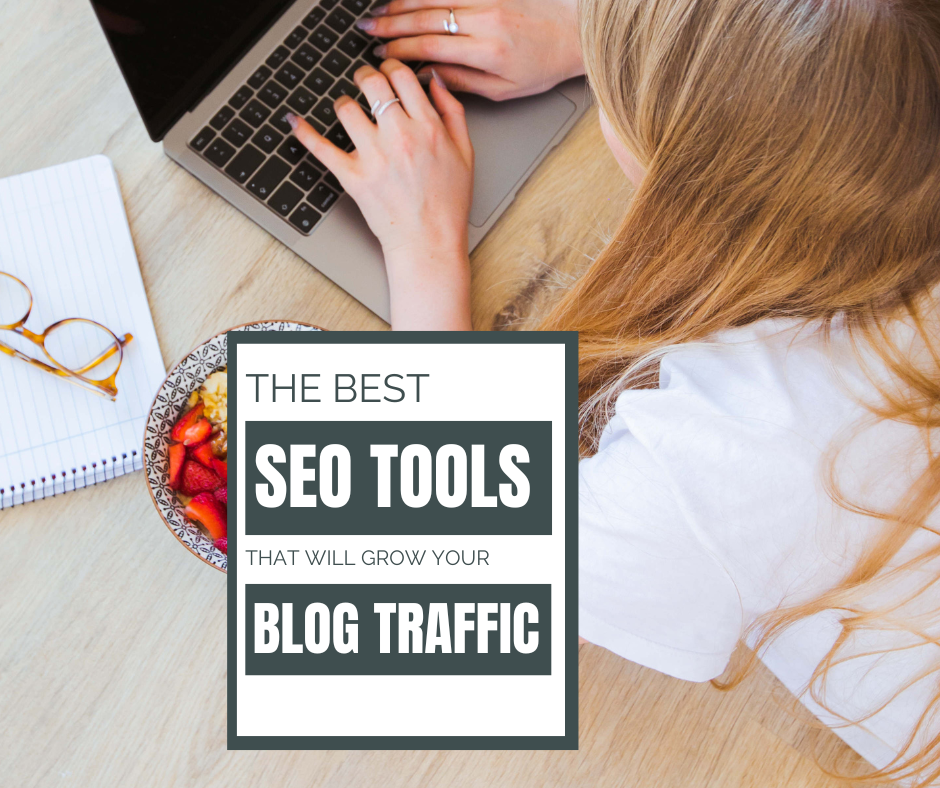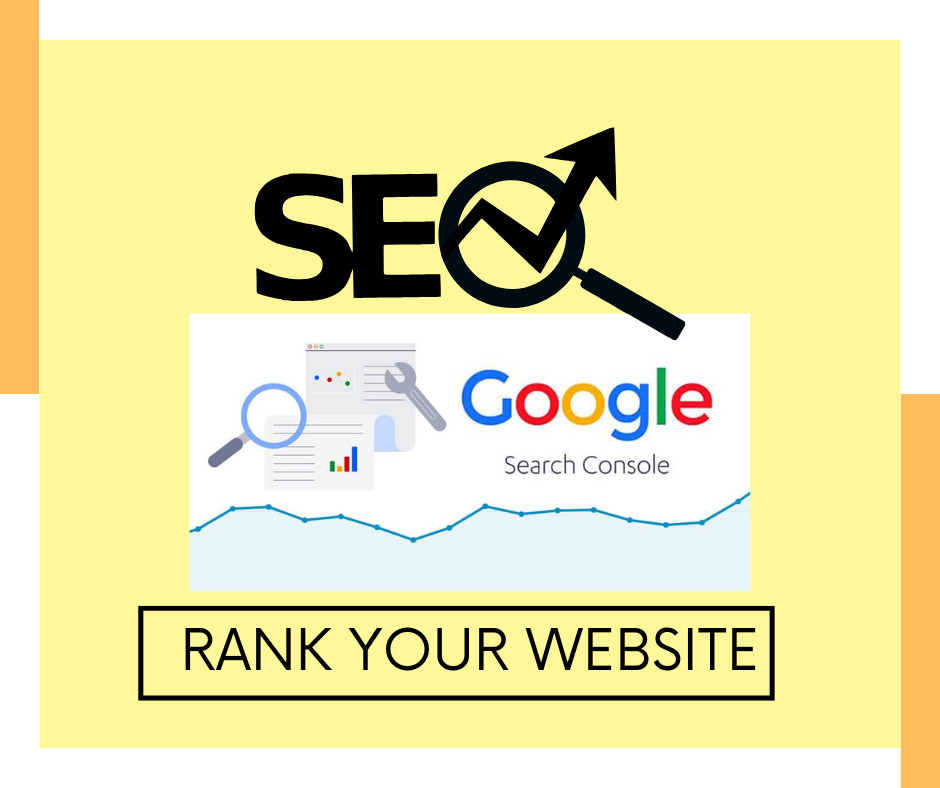Best SEO Tools Understanding SEO and Its Importance for Blogs
Best SEO Tools – Search Engine Optimization (SEO) is a systematic approach aimed at optimizing a blog to achieve higher visibility on search engine results pages (SERPs). The main function of SEO is to enhance a website’s relevance and authority concerning specific search queries. This optimization process involves various techniques that work synchronously to attract organic traffic, which is vital for any blog aspiring to grow its readership. SEO Agency
At its core, SEO relies heavily on understanding how search engines function. Search engines like Google employ complex algorithms to index, rank, and retrieve content based on user queries. One key element in this process is the use of keywords—specific phrases that users type into search engines when seeking information. Integrating relevant keywords naturally within blog content not only helps search engines identify the topic of a post but also assists in directing users to relevant resources.
Moreover, backlinks—links from other websites that lead back to a blog—also play a pivotal role in SEO. They act as endorsements of the blog’s credibility and authority, influencing search engines to rank the content higher for related searches. Quality content is equally important; blogs that consistently deliver insightful, well-researched, and engaging material are likely to perform better in SERPs. This is underscored by statistics, which reveal that approximately 53% of all website traffic originates from organic searches, highlighting the significance of effective SEO strategies. Best SEO Tools

Top SEO Tools for Bloggers
In the competitive landscape of blogging, utilizing effective SEO tools is essential for enhancing visibility and driving traffic. Among the most widely used tools is Google Analytics, which offers invaluable insights into website traffic patterns. Bloggers can track user interactions, identify top-performing content, and understand demographic data, all of which inform strategic decisions to improve content and user engagement.
Another powerful tool is SEMrush, which is particularly useful for keyword research and competitive analysis. This platform allows bloggers to analyze the strategies of competitors, uncover profitable keywords, and monitor their own website performance over time. SEMrush’s comprehensive suite also includes site audits that can help identify and rectify technical SEO issues, making it a holistic solution for any blogging endeavor.
Ahrefs is another excellent tool favored by bloggers for its robust backlink analysis capabilities. Backlinks are crucial for improving domain authority, and Ahrefs makes it easy to find backlink opportunities, analyze linking sites, and explore competitor link strategies. Additionally, its keyword explorer tool provides bloggers with extensive keyword data, helping to refine content strategies. Best SEO Tools
Lastly, Yoast SEO stands out as an essential tool for WordPress users. This plugin simplifies on-page SEO practices, providing real-time feedback on keyword usage, meta descriptions, and overall content readability. By following Yoast’s recommendations, bloggers can optimize their posts for search engines during the writing process, which enhances their chances of ranking higher in SERPs.
Effective SEO Optimization Techniques for Blogs
Search engine optimization (SEO) is crucial for bloggers aiming to increase their visibility and attract more visitors to their websites. By employing effective SEO optimization techniques, bloggers can significantly enhance their content and improve their search engine rankings. One foundational technique is the optimization of titles and meta descriptions. A well-crafted title should include the target keyword and entice users to click, while the meta description should provide a concise summary of the content, encouraging readers to delve deeper.
Another essential aspect of on-page SEO involves the strategic use of internal and external links. By linking to other relevant articles within the blog, bloggers can enhance the user experience and reduce bounce rates. External links to credible sources not only build trust with readers but also help search engines understand the context of the content. Moreover, creating engaging, high-quality content is vital. Content that resonates with readers often leads to increased shares and engagements, which are important signals for search engines.
Page speed is yet another critical factor in SEO. A slow-loading website can deter visitors and negatively impact rankings. Bloggers should regularly assess their site’s performance and implement measures to enhance speed, such as compressing images and minimizing code. By integrating these SEO strategies, bloggers can effectively boost their blog traffic and enhance overall performance.
Monitoring and Analyzing Your Blog Traffic
Monitoring and analyzing your blog traffic is a crucial aspect of any successful SEO strategy. Regularly assessing traffic allows you to measure the effectiveness of your SEO efforts and make data-driven decisions to enhance your blog’s performance. One of the most widely used tools for this purpose is Google Analytics. This powerful platform enables bloggers to interpret a wealth of data regarding user behavior, allowing for a comprehensive understanding of how visitors interact with your content.
By analyzing metrics such as page views, bounce rates, and session duration, you can gain insights into which content resonates with your audience. For instance, if certain blog posts are consistently attracting higher traffic, it may reflect positive engagement and relevant topics. Conversely, posts with high bounce rates might need to be revised or optimized to better meet visitor expectations. Understanding such patterns is essential for refining your content strategy and driving more traffic in the future.
It is vital to leverage the information gathered from these analyses regularly. Establishing a routine for evaluating your data allows you to stay agile and make timely adjustments to your SEO approaches. Ultimately, this continuous monitoring and analysis play a fundamental role in not only maintaining but also enhancing your blog’s visibility and traffic. Best SEO Tools
- What are the key skills needed to succeed in SEO career
- Full Stack Digital Marketing Course Online
- How to Start a Blog: A Simple Guide for Beginners
- SEO for Beginners: Your Ultimate Guide to Online Success
- Content marketing strategies and Content creation
- Digital marketing for entrepreneurs Business
- Facebook advertising for local audience targeting
- Best SEO Tools to grow your blog traffics in 2025



